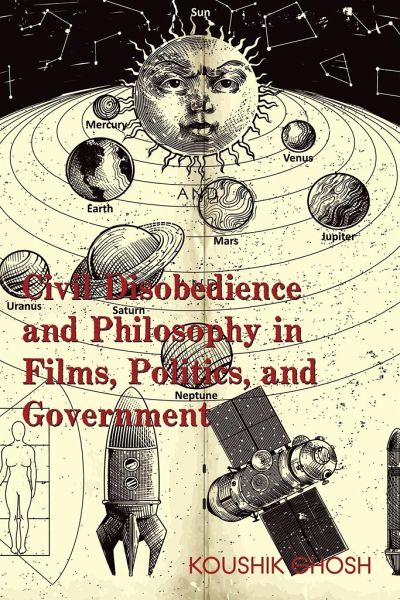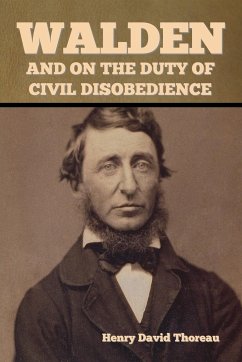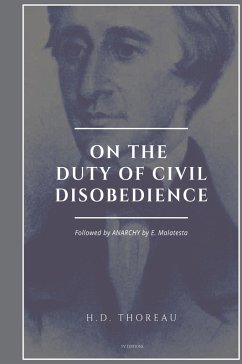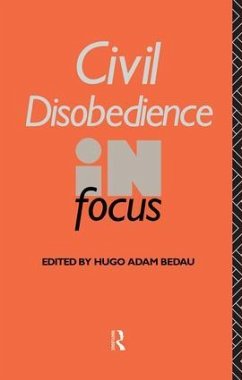
Civil Disobedience and Philosophy in Films, Politics, and Government

PAYBACK Punkte
4 °P sammeln!
In Henry David Thoreaus 1849 essay Civil Disobedience, Thoreau says that individuals should not think of their government as all ruling and unchangeable. Instead, he proposes that individuals should look critically at the rights and wrongs of their government acting on principle and standing against the government when its actions undermine important values like equality and liberty. Civil Disobedience and Philosophy in Films, Politics, and Government explores the nature of this form of dissent, where people decide to go against the law and its authorities and make for themselves the goal of a...
In Henry David Thoreaus 1849 essay Civil Disobedience, Thoreau says that individuals should not think of their government as all ruling and unchangeable. Instead, he proposes that individuals should look critically at the rights and wrongs of their government acting on principle and standing against the government when its actions undermine important values like equality and liberty. Civil Disobedience and Philosophy in Films, Politics, and Government explores the nature of this form of dissent, where people decide to go against the law and its authorities and make for themselves the goal of achieving change while earning respect and creating a better work environment. Author Koushik Ghosh looks at film, philosophy, literature, politics, and government for examples of civil disobedience, showing a variety of ways to understand how justice worksand how justice breaks down. Film, philosophy, literature, and politics are all vehicles for learning more about civil disobedience and what it means in our search for truth and justice. It is a way to effect change in our communities, in our societies, and in the world at large. Understanding its purpose and its power can help all of us build a better life for ourselves and others.














